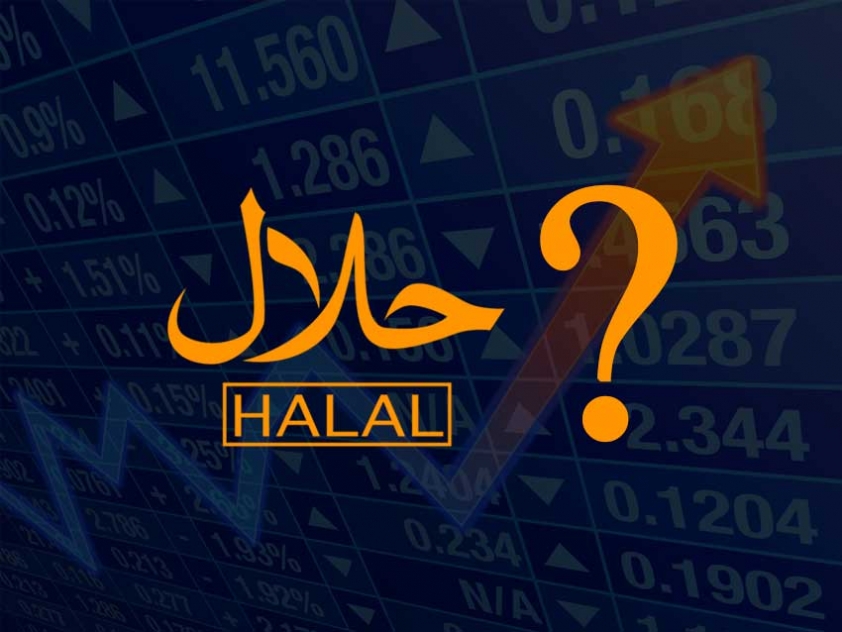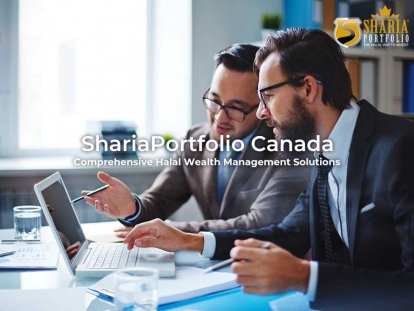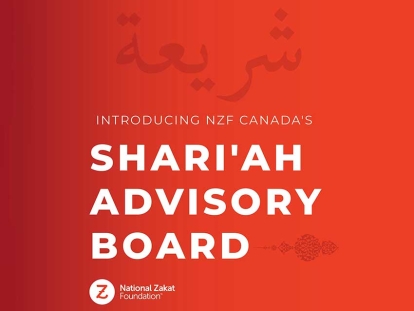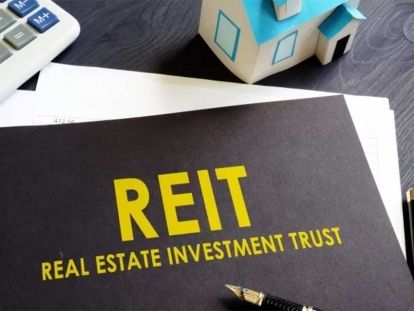
Jun
How to Find Halal Stock Market Investment Options
Written by Sawitri MardyaniWhile investing can be an intimidating topic for most people, Muslims have the added challenge of ensuring that their investments are shariah (Islamic jurisprudence) compliant.
The strict prohibition of interest in Islam makes many conventional investment options off limits to observant Muslims. Bonds and Guaranteed Investment Certificates (GIC's), whereby investors give money as a loan and then get that money back plus interest at a later date, clearly do not pass the test of shariah compliance.
For an investment to be halal (lawful/permissible), it must be in equity instead of debt; investing in equity means having partial ownership by buying shares of the company. So rather than the investor giving a loan and getting paid interest regardless of how the company does, with equity, the investor shares in the profit if the company does well and shares in the losses if it does poorly.
The most common way to get equity of a company is to buy its shares on the stock market. Not every company who is offering its equity through selling shares in the stock market represents a halal investment though.
For obvious reasons, companies who deal in alcohol, tobacco, pork-products, gambling, pornography, interest-based financial services, or weapons of mass destruction would not be shariah compliant. If a company's income comes from a mix of halal and non-halal activities, no more than 5% of their income may be from non-halal activities for them to remain shariah compliant. This scrutiny of the nature of the company's business is considered the qualitative screen of shariah compliance.
There is also a quantitative screen that looks at the company's finances. For example, the company can't carry too much debt. Just as observant Muslims can't purchase a property using an interest-based mortgage to profit from the rent, investing in companies who rely too heavily on interest-based loans and financing is also out of bounds.
Scholars in the field of Islamic finance have ruled that to be shariah compliant, a company's debt to equity ratio (that is: the value of its debt divided by the value of the company's shares) must be less than 33%. Along those same lines, a company who keeps too much cash in an interest-bearing bank account would also be screened out.
With such restrictions, it's easy for potential investors to become overwhelmed and give up on the idea of investing all together and opt to keep their money in their bank account instead.
Such a choice, however, would mean missing out on potential returns that one could get from investment income. It would also be a loss to the economy as a whole if individuals with capital simply let their money sit idle, when it could otherwise be put to use by companies and industry to develop technology, bring products and services to customers, and help businesses grow.
There's also an important perspective to look at on the level of personal accountability. The market works like a kind of election where each dollar spent is a vote for what you want to have exist in this world. If you have dollars to spend or invest, this is your opportunity to "vote" for and support companies that you believe in. It's your chance to nudge the world in the direction you want it to go—regardless of how tiny your nudge might be. In the end, we know we are accountable to God for what we do with the things He has blessed us with and wealth is one of those blessings.
So, if you have the means and the wealth, you really want to be thinking about where to invest your money. But how do you ensure that your investments are shariah compliant?
Fortunately, Muslim investors do not have to be left to their own devices in determining which stocks pass the filter of shariah compliance—the work has already been done for us.
Both Dow Jones and Standard & Poor, two major financial service companies, have created stock market indices of shariah compliant companies but these are often only available through financial consultants.
A stock market index is a measurement of the value of a certain section of the stock market.
What Muslim investors want to know is not so much the value of that index or how that value goes up or down, but exactly which companies are included in the index. This information is generally sold to firms through a licensing fee. Firms then use this to advise their clients on shariah compliant investments.
Today there are more and more Muslim financial advisors that are marketing shariah compliant investments and it is often a good idea to consult with them for financial advice and tax and estate planning.
For investors interested in a more do-it-yourself approach, a list of shariah compliant companies on the iShares MSCI World Islamic UCITS ETF can be found here, the companies that comprise Standard and Poor TSX Shariah 60 index can be found here, and a list of the companies that comprise Wealthsimple's halal portfolio can be found here.
Because companies' business activities as well as their financial balance sheets will change over time, the lists must be updated periodically as some companies lose their shariah compliance and others may become compliant.
Finally, Finispia and Ideal Ratings have developed apps which tell you whether a stock is shariah compliant or not. Such resources make it much easier for Muslims to invest with peace of mind knowing that their investments are halal.
This article was last updated on December 21, 2018 with additional links to resources for finding Shariah compliant stocks.
This article was produced exclusively for Muslim Link and should not be copied without prior permission from the site. For permission, please write to info@muslimlink.ca.














